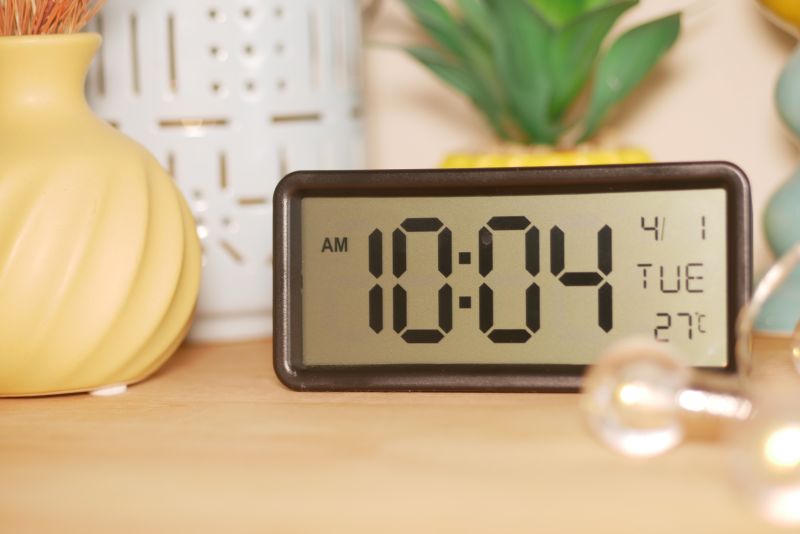Click here to get this post in PDF
Clocks are timeless fixtures in our homes, offices, and public spaces—both functional and decorative, they quietly mark the rhythm of our days. But like any mechanical or electronic device, clocks can sometimes stop ticking as they should. Understanding common clock problems and how to fix them can save you time, money, and frustration. For reliable solutions or replacements, it’s worth turning to trusted specialists such as Jadco Time, who provide high-quality clocks for all settings across Australia.
The Clock Has Stopped Completely
One of the most common issues is a clock that’s simply stopped. For battery-operated clocks, the first step is the simplest—replace the battery. Even new batteries can sometimes fail, so try a fresh one. If the clock still doesn’t start, check that the battery contacts aren’t corroded or bent out of shape. For mechanical clocks, winding is key. If it’s fully wound and still not ticking, the mechanism may be overwound or jammed. Gently rock the pendulum or tap the clock to free any stuck gears.
The Clock is Running Too Fast or Too Slow
Time drift—where your clock runs too quickly or too slowly—is another frequent frustration. Mechanical clocks often have an adjustment screw or pendulum nut that controls the rate. Turning it slightly one way can speed up time, while turning it the other can slow it down. For quartz clocks, fluctuations are usually caused by weak batteries, humidity, or temperature changes. Ensure the clock is placed away from heat sources or direct sunlight, which can interfere with timekeeping accuracy.
The Hands are Stuck or Touching
If your clock’s hands appear jammed or move erratically, they may be touching each other or the clock face. This can happen during cleaning, after a fall, or even from shipping vibrations. Gently remove the clock’s cover and adjust the hands so they move freely without contact. When adjusting, always move the hands in a clockwise direction to prevent damage to internal gears.
The Chime or Strike is Out of Sync
For chiming or striking clocks, it’s not uncommon for the chime to sound at the wrong time or repeat incorrectly. Usually, this is due to the hands being moved manually without following the correct sequence. To fix this, move the minute hand carefully to each quarter-hour and let the clock complete its chime before proceeding. This will help it resynchronise automatically.
The Clock Won’t Stay Level or Stops Intermittently
Wall or mantel clocks that stop randomly may simply be out of alignment. Pendulum clocks, in particular, rely on being perfectly level to maintain motion. Use a spirit level to ensure the clock is positioned evenly on both axes. If the clock is still stopping, check for dirt or dust in the escapement mechanism—careful cleaning or professional servicing can restore consistent movement.
The Display or Mechanism is Noisy
A ticking clock can be soothing, but an unusually loud tick or grinding sound suggests wear or loose parts. For mechanical clocks, a professional cleaning and oiling may be needed. For quartz clocks, ensure the hands are not scraping against each other or the face.
Keeping Time on Your Side
Whether you own a modern quartz wall clock or a traditional pendulum piece, routine care and timely repairs can extend its life. Regular maintenance, correct placement, and quality components make all the difference. And when replacement or expert servicing is needed, there are clock specialists that offer dependable products and support to help you keep perfect time.
You may also like: How to set up an employee clock in clock out system
Image source: elements.envato.com

